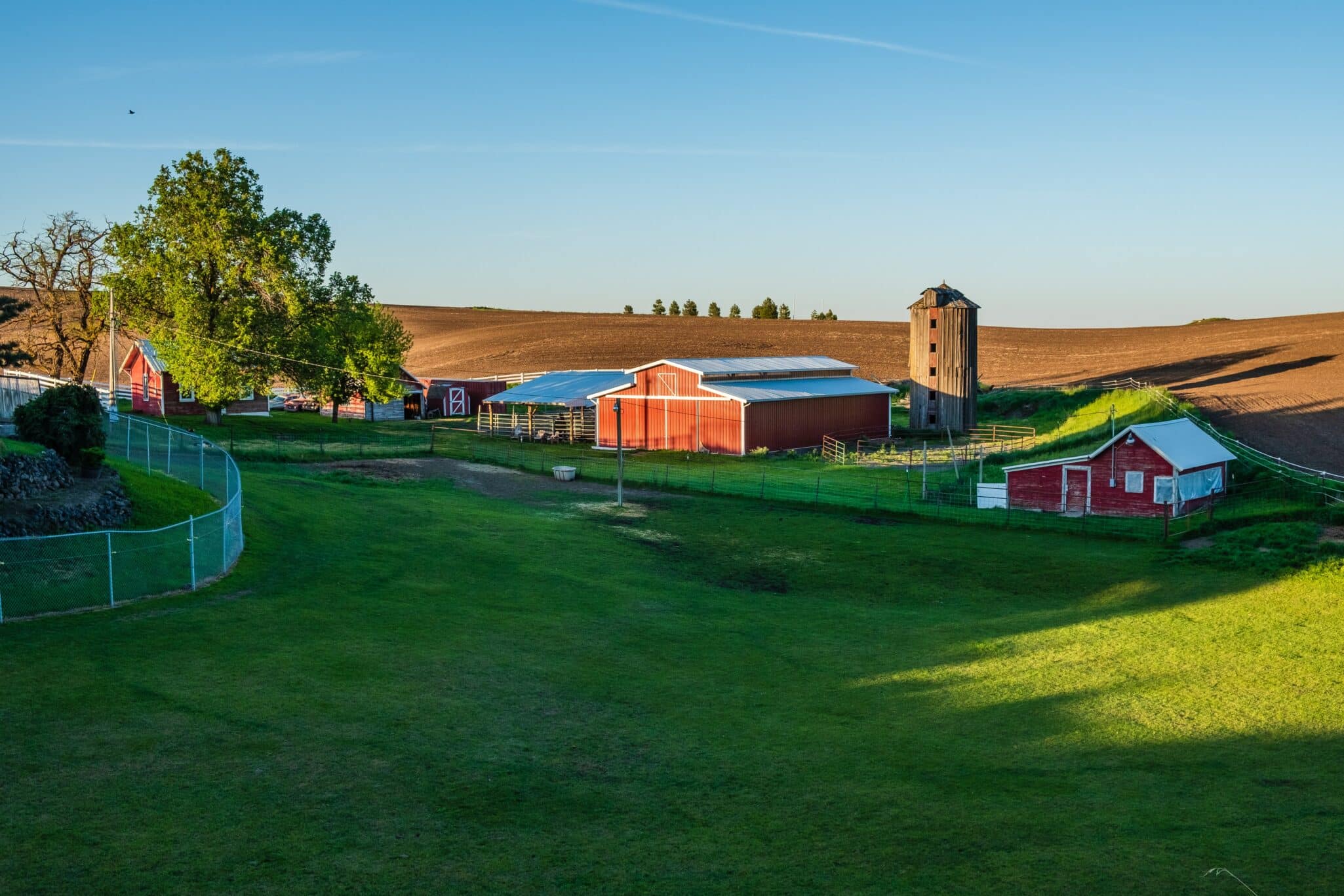Legacy Design Strategies
Omaha, NE, Minot, ND and Iowa Fall, IA Estate Planning and Elder Law Firm
Estate Planning and Elder Law Blog

Have you figured out who will take over the family farm? Are you or your parents prepared to transition the farm or ranch to the next generation? How will family members be part of the transitions? Do you have a plan to minimize tax exposure?
These are just a few of the questions that must be addressed about the future of the family farm or ranch, reports the article “Don’t be a failed family-business statistic: Plan for your farm’s future” from High Plains Drifter. It’s one of the hardest parts of the agriculture business. Decades of hard work and assets are at stake, and the statistics are not great. Only 30% of any kind of family businesses survive to the second generation.
You need a long-term strategy and planning that needs to be started long before any member of the family begins thinking about retirement. You’ll also need good advisors, including an estate planning attorney, accountant and possibly a banker.
What is a succession plan? A succession plan is a forward-looking strategy that prepares the individual and their family for the change in ownership, including development of leadership to avoid family disputes, manage tax consequences and ensure that the farm or ranch smoothly transitions to the next generation of owners.
The estate plan provides the mechanics to implement the succession plan. It can be complicated, so an experienced estate planning attorney who has worked with farm or ranch owners will be invaluable.
Here are three key areas where guidance is critical:
On-farm and off-farm heirs. How do you balance the inheritance of children who remain on the farm and those who chose to pursue other occupations? An objective viewpoint is needed, and a calm head. There are different ownership structures that can be used to define the roles and expectations for both on-farm and off- farm heirs.
Smooth financial transition. It is important to lessen tax liability and maximize benefits. Cash will be needed to pay estate taxes. This is where many family businesses are lost: a key asset must be sold to pay the tax bill, and it dampens the chances of success for the future.
Address financial needs of current and future generations. Can the business support multiple generations? What does everyone need to continue living on the farm, and how will the income be generated?
Family farms and ranches that survive to the second or third generations don’t happen by accident. Succession plans need to be created and then they need to be reviewed every few years. If you have a will or an estate plan, if you haven’t updated it in five years, it’s time to review it or create one.
Reference: High Plains Journal (Nov. 8, 2019) “Don’t be a failed family-business statistic: Plan for your farm’s future”

Get Started Today
Book your Free Estate Planning Consultation Now
Stay Up-To Date
Subscribe to Our eNewsletter
9859 South 168th Avenue,
Omaha, NE 68136
7 Third Street SE, Suite 202,
Minot, ND 58701
320 North Oak Street, PO Box 295,
Iowa Falls, IA 50126
